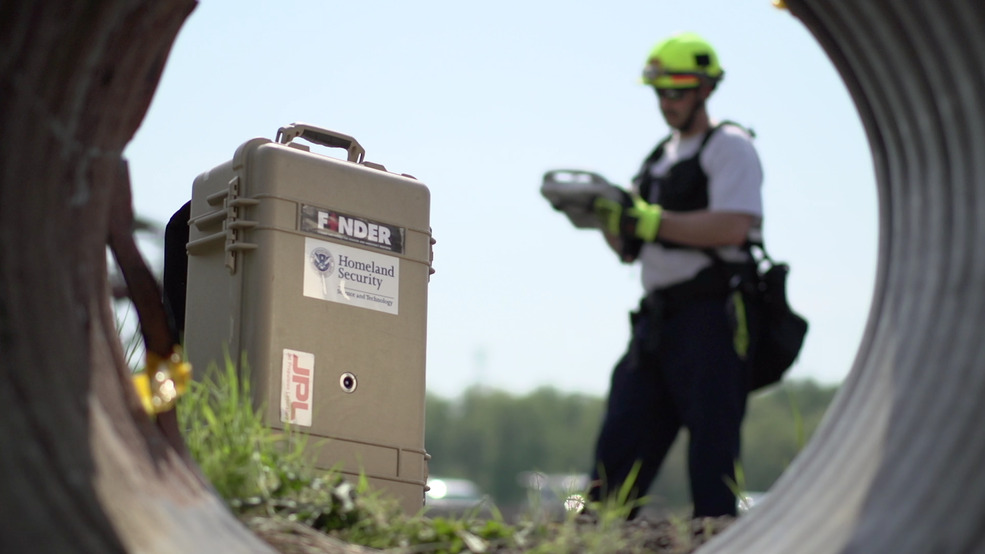NASA has confirmed that groups in Turkey have been sent FINDER units — a NASA spinoff technology that can detect people trapped under rubble – to help save lives in the aftermath of powerful earthquakes in southeastern Turkey last week.
A small, suitcase-sized device, the FINDER, which stands for Finding Individuals for Disaster and Emergency Response, is a collaboration between NASA’s Jet Propulsion Laboratory in Pasadena, California, and the US Department of Homeland Security’s Science and Technology Directorate in Washington.
Turkey’s most powerful earthquake in almost 100 years struck near the city of Gaziantep, which is home to around 2 million people and on the border with Syria, killing nearly 40,000 people in Turkey and neighboring Syria as of Wednesday.
The 7.8-magnitude earthquake, which hit as people were sleeping, was followed by dozens of aftershocks, including a 7.5-magnitude temblor that jolted the region in the middle of search and rescue operations the same day.
Turkey had a difficult time dealing with the disaster as search and rescue teams did not arrive in some quake-hit area for several days, leaving people trapped under the rubble.
The NASA technology can detect a person’s heartbeat even though they were buried under a huge pile of rubble or other debris.
FINDER sends a low-powered microwave signal – about one-thousandth of a cell phone’s output — through rubble and looks for changes in the reflections of those signals coming back from tiny motions caused by victims’ breathing and heartbeats. In tests, FINDER has detected heartbeats through 30 feet of rubble or 20 feet of solid concrete.
Search and rescue teams that travelled from all around the world to help Turkey in its disaster response helped save hundreds of people from rubble, while the Turkish government came under fire due to its poor handling of the tragedy.
NASA also helped Turkey by sharing its aerial views and data from space in ways that can aid relief and recovery workers in the earthquake-hit region as well as improve its ability to model and predict such events.
“NASA’s hearts and minds are with those impacted by the earthquakes in Turkey and Syria,” said NASA Administrator Bill Nelson said in a statement last week. “NASA is our eyes in the sky, and our teams of experts are working hard to provide valuable information from our Earth-observing fleet to first responders on the ground.”

